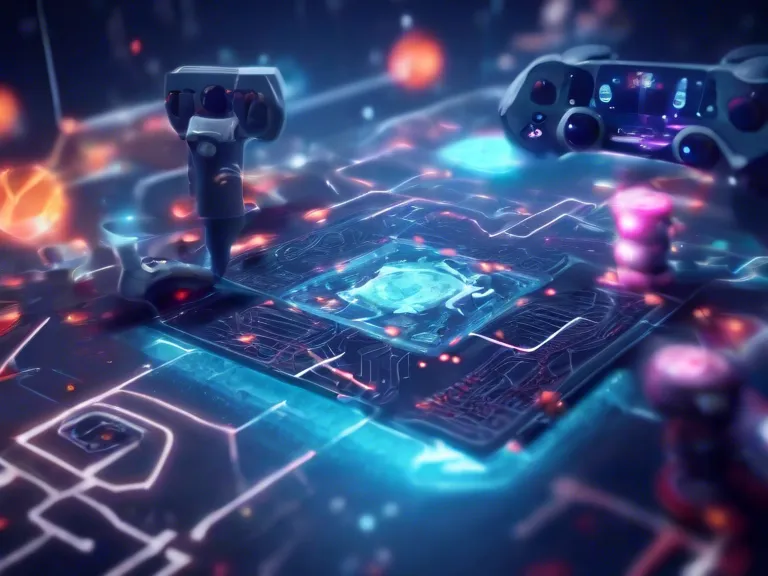
Blockchain technology has been making waves in various industries, and the gaming sector is no exception. By integrating blockchain into gaming platforms, developers are able to create more transparent and fair ecosystems for players. This article will explore the role of blockchain in gaming and how it is revolutionizing the industry.
One of the key benefits of blockchain technology in gaming is its ability to provide transparency. With blockchain, all transactions and activities within the game are recorded on a decentralized ledger that is accessible to all players. This means that players can verify the fairness of the game and ensure that there is no cheating or manipulation happening behind the scenes.
In addition to transparency, blockchain also enhances security in gaming. Since all data is stored on a distributed network of computers, it is nearly impossible for hackers to tamper with the game or steal sensitive information. This provides players with peace of mind knowing that their personal and financial data is secure while playing.
Blockchain technology also enables the creation of unique in-game assets that players truly own. These assets are stored on the blockchain and cannot be duplicated or taken away by the game developers. This gives players a sense of ownership and value, as they can trade, sell, or use their assets in various games or platforms.
Moreover, blockchain can facilitate peer-to-peer transactions within games, allowing players to exchange assets or currency without the need for intermediaries. This reduces transaction fees and speeds up the transfer process, making it more convenient for players to interact with each other.
Overall, the role of blockchain in gaming is to create transparent and fair ecosystems that empower players and ensure a level playing field for all. As more developers adopt blockchain technology, we can expect to see a more innovative and player-centric gaming industry in the future.

